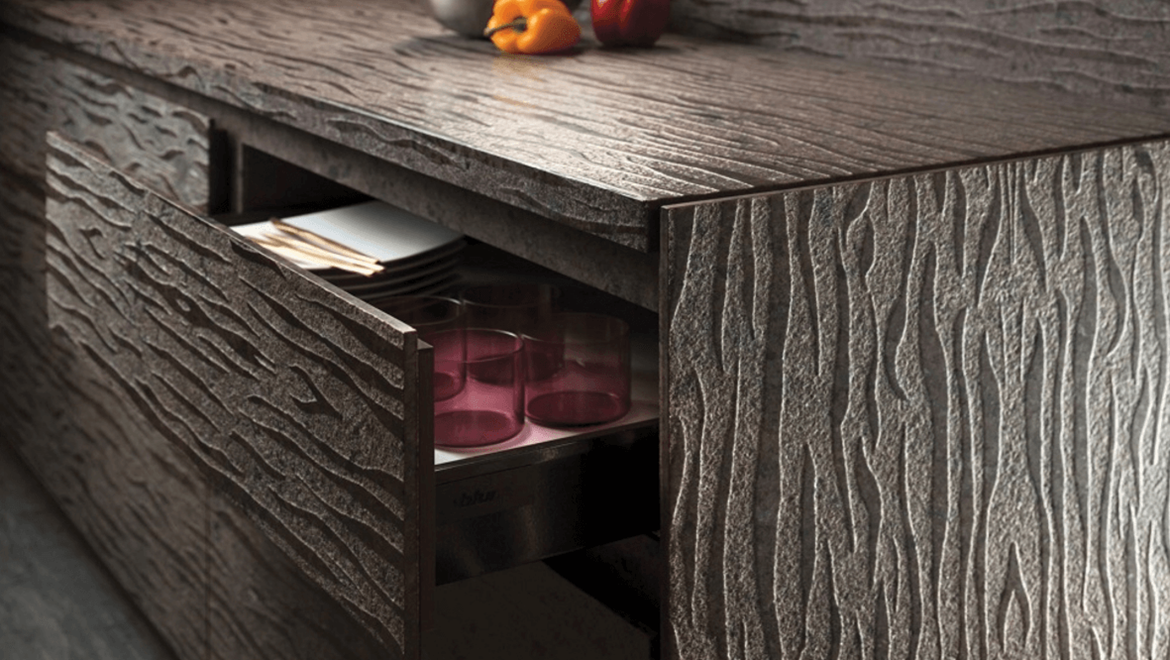When it comes to selecting materials for countertops, flooring, and wall coverings, two popular choices often come to mind: porcelain and granite.
Both materials are known for their durability and aesthetic appeal, but how do they compare in terms of strength? In this article, we will explore the differences between porcelain and granite, discussing their strengths and weaknesses to help you make an informed decision for your home renovation project.
|
Feature |
Porcelain Tile |
Granite |
|
Material Composition |
Made from refined clay, fired at high temperatures |
Natural stone formed from cooled magma |
|
Durability |
Extremely durable and resistant to scratches |
Durable but can chip or crack under impact |
|
Water Resistance |
Low porosity; highly resistant to water and stains |
Porous; requires sealing to prevent water damage |
|
Maintenance |
Easy to clean; low maintenance |
Requires regular sealing and maintenance |
|
Design Versatility |
Available in various styles, colors, and finishes |
Limited to natural patterns and colors |
|
Heat Resistance |
Highly heat resistant, ideal for kitchen surfaces |
Heat resistant but can be damaged by extreme heat |
|
Cost |
Generally more affordable than granite |
Typically more expensive due to quarrying costs |
|
Installation |
Easier to cut and install |
Heavier and more challenging to install |
|
Eco-Friendliness |
Often made from recycled materials |
Natural material but involves mining |
Porcelain and Granite
Granite tiles are a natural stone product formed from cooled magma and composed of various minerals, including quartz, feldspar, and mica.
This unique formation gives granite its characteristic beauty and strength. Granite is renowned for its hardness and durability, making it a popular choice for countertops and flooring.
On the other hand, porcelain is an engineered material made from a mixture of fine clay, sand, and other natural minerals. It is fired at extremely high temperatures, resulting in a dense and durable surface that is highly resistant to moisture and stains. Porcelain tiles are often used in both residential and commercial applications due to their versatility and strength.
Strength Comparison: Porcelain vs. Granite
Hardness
When comparing the hardness of porcelain and granite, porcelain typically ranks higher on the Mohs scale of mineral hardness. Porcelain can score between 7 to 8 on this scale, while granite usually scores around 6 to 7. This means that porcelain is more resistant to scratches and dents than granite.
Durability
Both materials are highly durable; however, their durability manifests in different ways. Granite is less likely to chip or crack under heavy impact due to its natural composition. However, it requires regular sealing to maintain its resistance to stains and moisture absorption. In contrast, porcelain does not require sealing because it is non-porous. This makes it easier to maintain over time while still providing excellent durability.
Resistance to Stains
Porcelain’s non-porous nature makes it highly resistant to stains from liquids or spills. This quality is particularly beneficial in kitchens or bathrooms where spills occur every day. Granite tiles can stain if not properly sealed, especially when exposed to acidic substances like citrus juices or vinegar.
Heat Resistance
Both materials offer good heat resistance; however, granite has an edge when it comes to withstanding high temperatures without damage. While porcelain can handle heat well, extreme temperatures may cause thermal shock if there are rapid changes in temperature.
Weight Considerations
Granite tiles are generally heavier than porcelain tiles due to their natural stone composition. This added weight can affect installation requirements and structural considerations in your home. Porcelain tiles are lighter and easier to handle during installation.
Luxury Tiles in Boca Raton
For homeowners seeking elegance and sophistication, luxury tiles in Boca Raton often feature both granite and porcelain options. While granite offers a timeless natural beauty that many find appealing, porcelain’s advantages, especially its lower maintenance requirements, make it an attractive alternative for those looking for luxury without the associated upkeep.
When choosing between these two materials for high-end applications such as kitchens or bathrooms, consider how each material aligns with your lifestyle needs. If you prioritize ease of maintenance along with aesthetic appeal, porcelain may be the better choice.
Porcelain is Stronger
Is porcelain stronger than granite? YES!
While both porcelain and granite offer unique benefits as flooring or countertop materials.
Porcelain is stronger than granite in terms of scratch resistance and stain prevention due to its non-porous nature. However, granite holds its own with superior heat resistance and a luxurious appearance that many homeowners desire.
The choice between porcelain and granite will depend on your specific needs, whether you prefer the ease of maintenance that comes with porcelain or the classic beauty of granite tiles.
If you’re ready to explore high-quality options for your home renovation project or need expert guidance on selecting the right materials for your space, contact Cava Stone today!
Our knowledgeable team is here to assist you in choosing the perfect tile solutions that will meet your design needs while ensuring lasting beauty and performance in your home.
Let us help you create spaces that inspire!


















